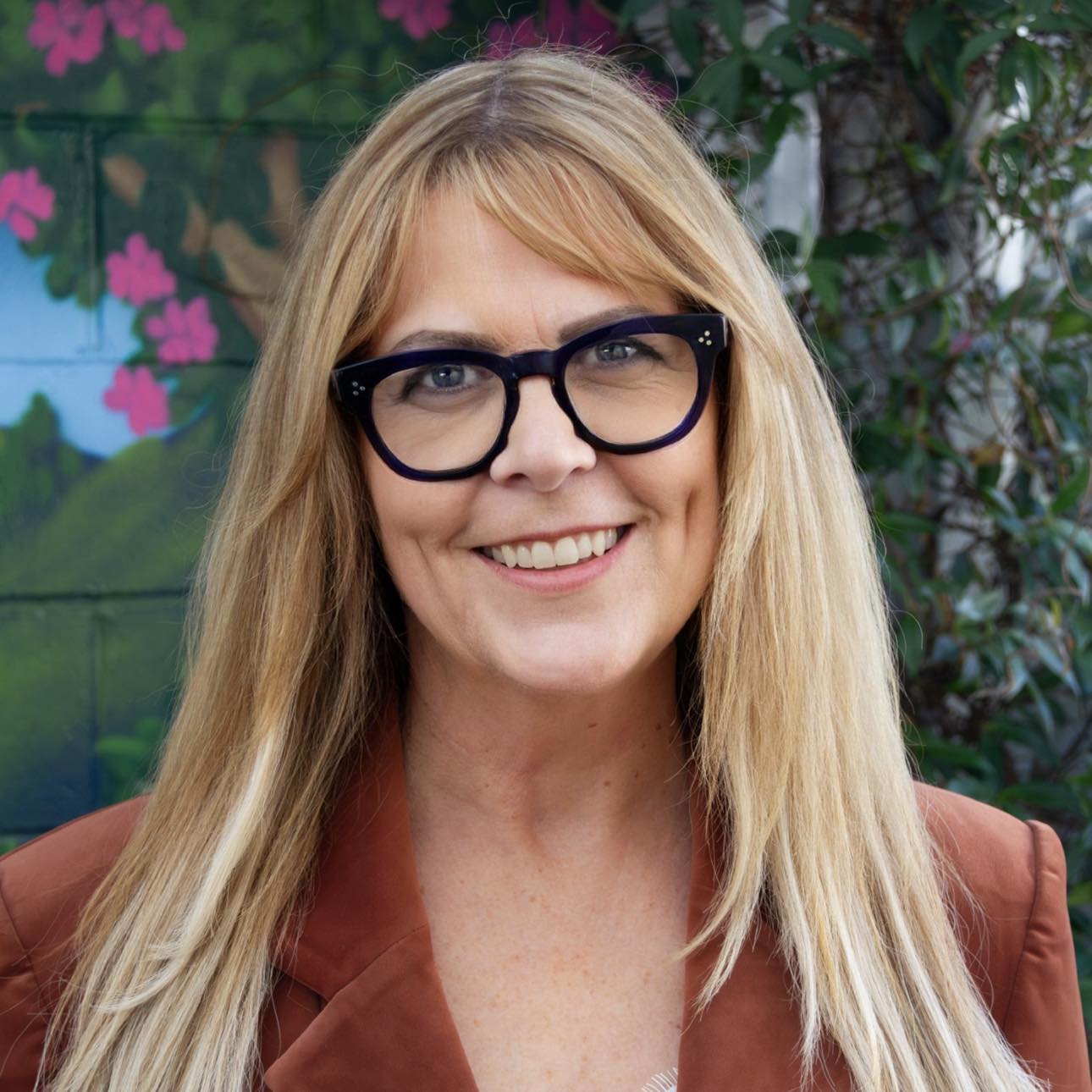
In the current financial climate, it is important to free up as much cash (accountants call it ‘working capital’) as possible. I’m sure you know the old saying ‘cash is king’? As someone who has worked with countless small businesses, I’ve seen it all! And here are a few of my thoughts around how to maximise your available cash:
- Sell off any excess assets, whether business or private. If you’re not using it, and aren’t likely to, this will free up not only cash but space as well. Also considering leasing assets, that way you are up-to-date with the latest technology and not stuck with out-of-date equipment ie: photocopiers and computers.
- Align yourself with another complementary business to share overheads, space, client databases – ie: hairdresser & beautician; mortgage broker & lawyer. This would have the added bonus of increasing sales as well as reducing costs, a double win!
- Sharing overheads is a great way to reduce costs – have you got excess space you can sublet?
- Review all overheads, as there are bound to be some costs that can be eliminated. ‘Subscriptions’ is generally a good one to review, as you may find apps or software that you no longer use.
- Insurance premiums should be reviewed annually. Having insurance is good business practice; however, premiums can be reduced by increasing your stand-down period and also the amount of your excess. Discuss this with your advisor, and ensure the cover you’re paying for is still relevant to your business.
- Keep on top of your Accounts Receivable! Don’t become a ‘bank’ for your customers. Review your credit policy – perhaps cash on delivery or 7 day invoicing works better for your business than 20th of month following. Can you ask your clients for deposits in advance?
- Monitor your stock. Carrying too much stock means too much cash is tied up and could create the opportunity for some stock to become obsolete/out of date. If your suppliers can give you the product you require quickly, perhaps this is a better option to lower your stock levels. Be mindful though that you may lose out on quantity discounts and reduce your buying power.
- Automate more in your business. Xero is very powerful accounting software with hundreds of add-on applications. This could reduce many excel spreadsheets you are currently using and also means all relevant staff in your business can easily access the data they need.
- Investigate available assistance from Government – national and local, as well as local enterprise initiatives to help you with your business. Are you taking advantage of all that is on offer?
- Keep in contact with your bank and IRD. IRD will accept a payment arrangement as long as debt is repaid within 12 to 24 months and you are current with your ongoing taxation commitments. They will charge interest, but their debt isn’t secured which gives you an opportunity to get more secured debt with your bank. Consider other avenues of borrowing ie: Prospa. While not a mainstream bank, they will charge you higher interest, but can offer you short-term borrowing to see you through a rough patch.
At all times do keep in contact with your Accountant as they are there to HELP you, and you are not alone – lots of clients are currently looking at all these options as they navigate the economic downturn.
Raelene Rees is a Chartered Accountant based in Christchurch. You can find out more about her here: https://www.reesaccounting.co.nz/Who-We-Are/



